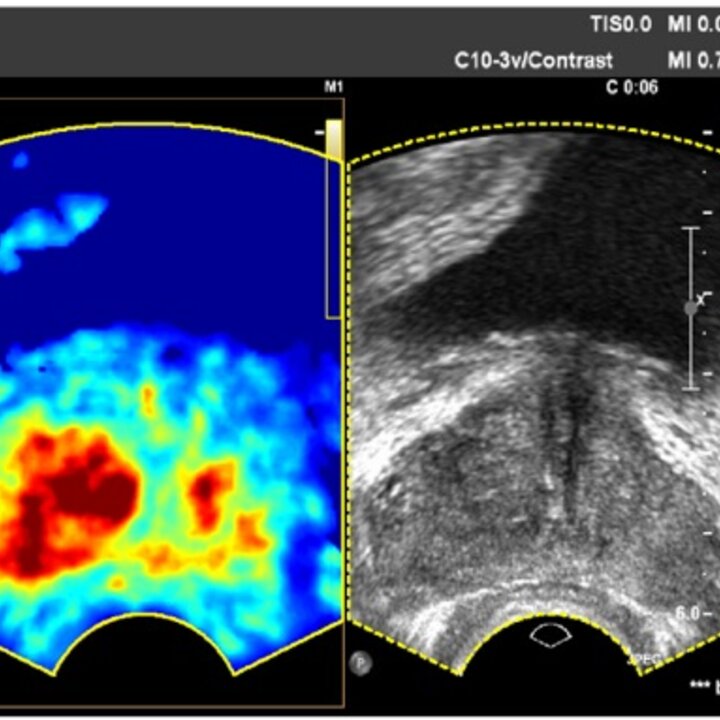Cancer affects everyone, the young and the old, the rich and the poor, both males and females. As leading cause of death in the world and its associated morbidity, cancer represents a tremendous burden on patients, families and societies. Advanced technology can aid in the quest to impede the burden of cancer. In this cross departmental theme, we apply novel signal and image analysis techniques for early detection, plasmas and magnetic nanoparticles for new cancer treatment, all combined with advanced modeling tools and approaches for disease control.
Novel signal and image analysis techniques for cancer detection and monitoring from diagnosis through therapy and progression will allow for early interventions when there is recurring or escalating of the illness. The introduction of imaging innovations, ranging from ultrasound to MRI and up to optical coherence tomography for accessible tumors will not only drive early detection but is also key in image guided therapy. With the application of new imaging technology combined with state-of the art machine learning algorithms and mathematical models to predict cancer growth and therapy response, evidence basedevidence-based treatment will be supported. With cold plasma’s can be directly applied to a tumor to remove malignant cells. Specific mechanical tumor destruction and new ways of directed drug delivery is investigated with magnetic nanoparticles. All the proposed new technologies will change the way cancer is treated since they provide new clinical tools for accurate and effective planning and guidance of advanced therapy. Further improvement by combining these technologies in real-time histological treatment and follow-up. In this way, increasing technological capability will increase treatment adherence, reduce adverse treatment reactions and improves quality of life whilst reduce health care expenses.
Cancer affects everyone, the young and the old, the rich and the poor, both males and females. As leading cause of death in the world and its associated morbidity, cancer represents a tremendous burden on patients, families and societies. Advanced technology can aid in the quest to impede the burden of cancer. In this cross departmental theme, we apply novel signal and image analysis techniques for early detection, plasmas and magnetic nanoparticles for new cancer treatment, all combined with advanced modeling tools and approaches for disease control.
Novel signal and image analysis techniques for cancer detection and monitoring from diagnosis through therapy and progression will allow for early interventions when there is recurring or escalating of the illness. The introduction of imaging innovations, ranging from ultrasound to MRI and up to optical coherence tomography for accessible tumors will not only drive early detection but is also key in image guided therapy. With the application of new imaging technology combined with state-of the art machine learning algorithms and mathematical models to predict cancer growth and therapy response, evidence-based treatment will be supported. With cold plasma’s can be directly applied to a tumor to remove malignant cells. Specific mechanical tumor destruction and new ways of directed drug delivery is investigated with magnetic nanoparticles. All the proposed new technologies will change the way cancer is treated since they provide new clinical tools for accurate and effective planning and guidance of advanced therapy. Further improvement by combining these technologies in real-time histological treatment and follow-up. In this way, increasing technological capability will increase treatment adherence, reduce adverse treatment reactions and improves quality of life whilst reduce health care expenses.
